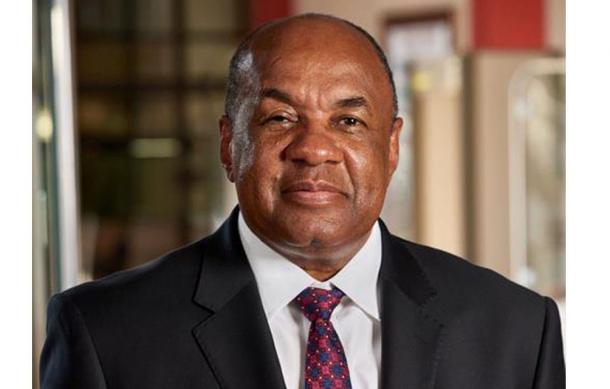
The Bank of Namibia (BoN) has announced that it will increase the repo rate by 25 basis points to 7.25% following a rise in inflation rates in March.
Food inflation will remain the main driver of inflation in Namibia for the remainder of 2023 due to food shortages in both Namibia and South Africa, as well as a weaker Rand exchange rate.
The annual inflation rate increased by 7.2% last month, compared to 4.5% in March last year, with the highest rates recorded in the two Kavangos, Kunene, Ohangwena, Omusati, Oshana, Oshikoto, Otjozondjupa, and Zambezi regions.
The Khomas Region recorded the lowest rate at 6.6%.
The BoN's decision to raise the repo rate is aimed at curbing inflation and maintaining price stability in the economy.
"Against this background, the MPC decided to increase the repo rate by 25 basis points to 7.25. The increase in the repo rate will effectively bring the prime lending rate to 11%. The decision was taken to contain inflation expectations. The decision is also deemed appropriate to safeguard the one-to-one link between the Namibia Dollar and the South African Rand. Moreover, this monetary policy stance will change the current negative real policy interest rate to a positive rate. The increase in the rate is nevertheless of moderate proportion to support domestic recovery."
The repo rate is the rate at which commercial banks borrow money from the central bank, and an increase in the repo rate will make borrowing more expensive, thereby reducing the amount of money in circulation and slowing down inflation.
The BoN Governor, Johannes !Gawaxab, says the decision to raise the repo rate was taken in light of the current inflationary pressures in the economy.
The governor says the bank remains committed to maintaining price stability and will continue to monitor economic developments and make adjustments to monetary policy as necessary.
The decision to raise the repo rate comes as the Namibian economy continues to recover from the impact of the COVID-19 pandemic.
"This is not good for people with loans or people who are borrowing. We accept that it's painful and that it's real, but if we don't do what we are supposed to do, we are not only going to violate our mandate of combating and fighting inflation, but it's going to become worse for the households."
The BoN has been implementing a range of measures aimed at supporting economic growth and maintaining financial stability in the country, including reducing the repo rate to record lows in 2020.
However, the recent rise in inflation rates has necessitated a change in monetary policy.





